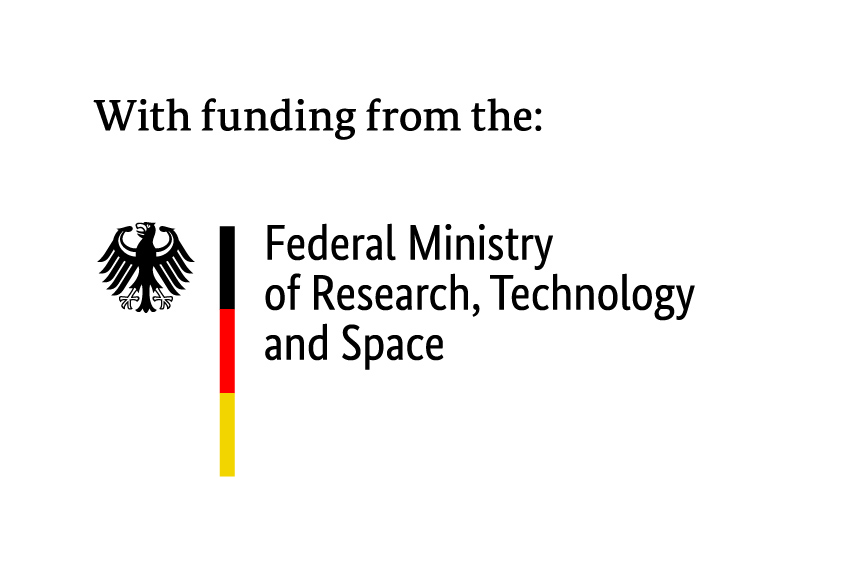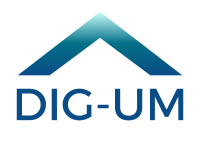Changes for page 2nd Workshop on Sustainability
Last modified by Angela Warkentin on 2025/07/16 15:13
From version 27.2
edited by Angela Warkentin
on 2025/07/16 15:13
on 2025/07/16 15:13
Change comment:
Update document after refactoring.
To version 16.1
edited by Angela Warkentin
on 2025/03/11 09:32
on 2025/03/11 09:32
Change comment:
There is no comment for this version
Summary
-
Page properties (3 modified, 0 added, 0 removed)
-
Attachments (0 modified, 0 added, 2 removed)
Details
- Page properties
-
- Title
-
... ... @@ -1,1 +1,1 @@ 1 - 2nd Workshopon Sustainability1 +Program Planning - Parent
-
... ... @@ -1,1 +1,1 @@ 1 - ProgramPlanning.WebHome1 +MoccaCalendar.Workshops.2nd Workshop on Sustainability in the Digital Transformation of Basic Research on Universe & Matter.WebHome - Content
-
... ... @@ -29,27 +29,14 @@ 29 29 **Second Meeting with the Program Committee 11.03.2025** 30 30 31 31 * Tuesday, March 11 from 4 - 5:30 pm: [[https:~~/~~/rwth.zoom-x.de/j/65088391540>>https://rwth.zoom-x.de/j/65088391540]] 32 -* Discussion & Results: [[attach:2nd Program Planning March 11.pdf||target="_blank"]] 33 -* Participation: Jan Bürger, Markus Demleitner, Martin Erdmann, Benjamin Fischer, Martin Gasthuber, Simran Guardasani, Thomas Kuhr, Markus Schumacher, Dwayne Spiteri, Angela Warkentin, Sebastian Wozniewski 34 -* Follow-up note from Dwayne: There was one point I think is missing from the slides for your discussions with the other organisers, if we are going to try and create a single timetable with these semi-dissimilar topics, we do need a bridge session to add some continuity, something about the ethics of sustainability. It doesn't have to be too long, but I think it needs to be there if the conference is to have a sense of coherence. 35 35 36 36 37 37 38 -**Third Meeting with the Program Committee 10.04.2025** 39 - 40 -* Thursday, April 10 from 4 - 5:30 pm 41 -* Discussion & Results: [[attach:3rd Program Planning April 10.pdf||target="_blank"]] 42 -* Participation: Jan Bürger, Markus Demleitner, Günter Duckeck, Martin Erdmann, Benjamin Fischer, Martin Gasthuber, Simran Guardasani, Thomas Kuhr, Pardis Niknejadi, Kilian Schwarz, Dwayne Spiteri, Angela Warkentin 43 - 44 - 45 - 46 46 ---- 47 47 48 48 49 -== ** Discussion Basis forSecond Meeting with the Program Committee 11.03.2025** ==38 +== **Second Meeting with the Program Committee 11.03.2025** == 50 50 51 -**Results: **[[attach:2nd Program Planning March 11.pdf||target="_blank"]] 52 - 53 53 === **1. Regarding Goals ** === 54 54 55 55 ... ... @@ -104,16 +104,6 @@ 104 104 === **2. Regarding Contents ** === 105 105 106 106 107 -**Possible Focus: “Framework conditions for future research in ErUM in view of ultra-fast AI developments and the urgent need for sustainability in the area of digital transformation”** 108 - 109 -* **Title of the Workshop: Currrently "**[[2nd Workshop on Sustainability in the Digital Transformation of Basic Research on Universe & Matter>>url:https://indico.desy.de/event/47133/]]" 110 -* Sustainability: The topic of sustainability has been initiated by the first workshop/paper; we can already hear about ongoing research projects and draw further consequences for progress. 111 -* Ethics: The topic of ethics deals with AI developments and their significance for ErUM researchers. The aim here is to compile concrete AI developments and to identify probable development possibilities. 112 -** How will it be possible to realize predominantly human-performed research activities with the support of AI tools in the future? 113 -** Can we formulate a range for this? 114 - 115 - 116 - 117 117 |((( 118 118 **Topics ** 119 119 ... ... @@ -250,17 +250,4 @@ 250 250 |(% rowspan="2" %)**Teaching & Science **|(% style="width:1011px" %) |(% style="width:222px" %) 251 251 |(% style="width:1011px" %) |(% style="width:222px" %) 252 252 253 - 254 - 255 - 256 -Consider: 257 - 258 -| |Distinctive Human Skills|How GenAI can supplement learning processes⁺ 259 -|Create|Engage in both creative and cognitive processes that leverage human lived experiences, social-emotional interactions, intuition, reflection, and judgment to formulate original solutions.|Support brainstorming processes; suggest a range of alternatives; enumerate potential drawbacks and advantages; describe successful real-world cases; create a tangible deliverable based on human inputs 260 -|Evaluate|Engage in metacognitive reflection; holistically appraise ethical consequences of alternative courses of action; identify significance or situate within a full historical or disciplinary context|Identify pros and cons of various courses of action; develop and check against evaluation rubrics 261 -|Analyze|Critically think and reason within the cognitive and affective domains; justify analysis in depth and with clarity|Compare and contrast data, infer trends and themes in a narrowly-defined context; compute; predict; interpret and relate to real-world problems, decisions, and choices 262 -|Apply|Operate, implement, conduct, execute, experiment, and test in the real world; apply human creativity and imagination to idea and solution development|Make use of a process, model, or method to solve a quantitative or qualitative inquiry; assist students in determining where they went wrong while solving a problem 263 -|Understand|Contextualize answers within emotional, moral, or ethical considerations; select relevant information; explain significance|Accurately describe a concept in different words; recognize a related example; translate to another language 264 -|Remember|Recall information in situations where technology is not readily accessible|Retrieve factual information; list possible answers; define a term; construct a basic chronology or timeline 265 - 266 266
- 2nd Program Planning March 11.pdf
-
- Author
-
... ... @@ -1,1 +1,0 @@ 1 -XWiki.Angela_Warkentin - Size
-
... ... @@ -1,1 +1,0 @@ 1 -2.3 MB - Content
- 3rd Program Planning April 10.pdf
-
- Author
-
... ... @@ -1,1 +1,0 @@ 1 -XWiki.Angela_Warkentin - Size
-
... ... @@ -1,1 +1,0 @@ 1 -2.6 MB - Content



